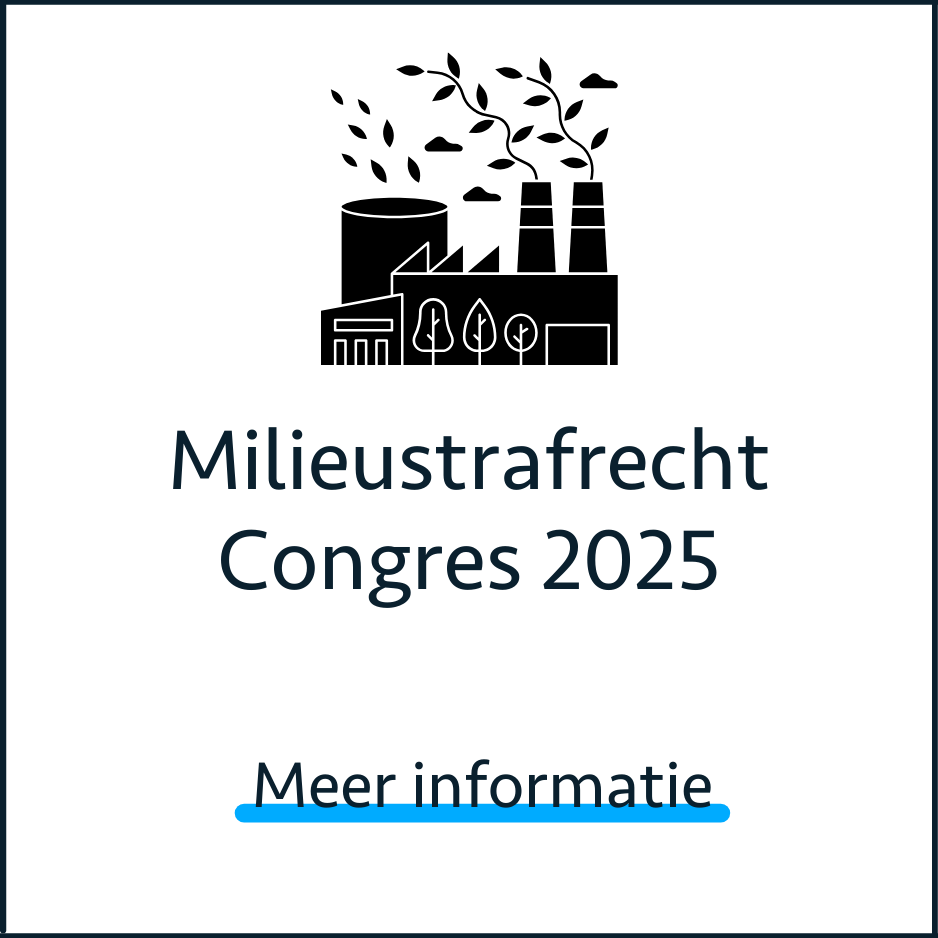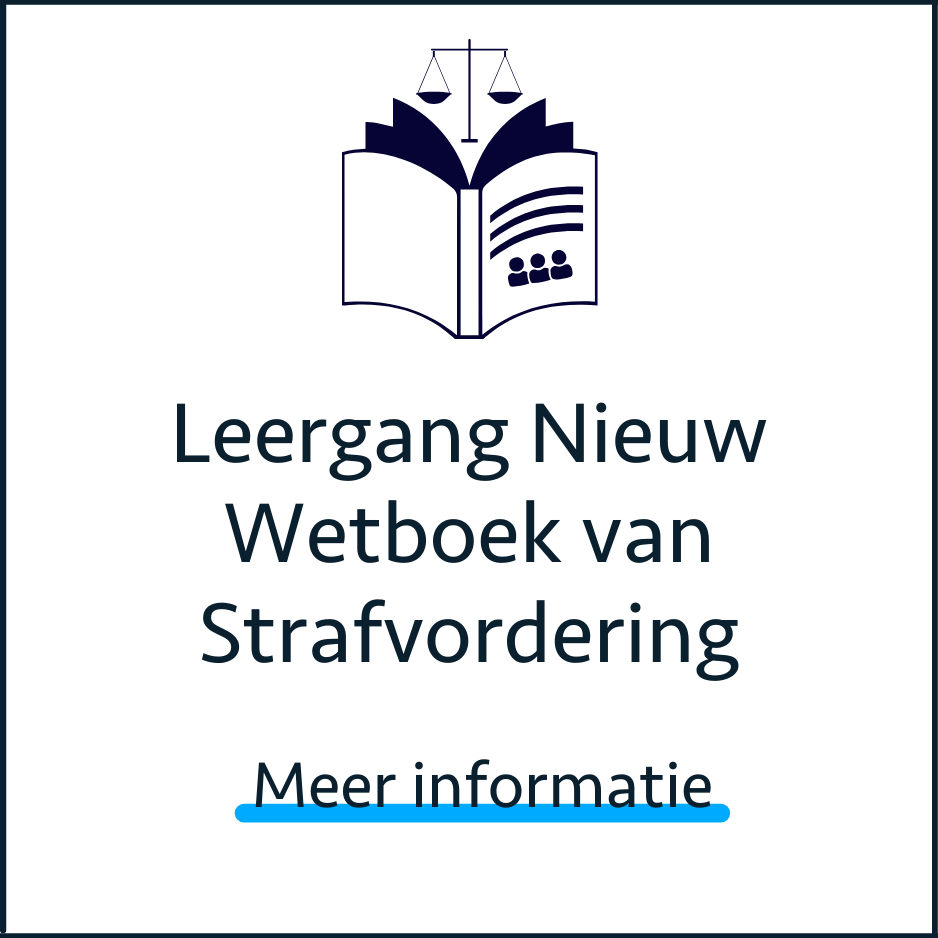OLAF-zaak leidt tot veroordelingen in Italië
/Eight individuals have been found guilty of defrauding the European Union (EU) budget in a transnational case triggered by a European Anti-Fraud Office (OLAF) investigation. Code-named Operation Cocoon, the complex investigation involved 22 Research and Innovation projects conducted over 10 years in different European Union countries, and amounting to more than 53 million euro. A network of fraudsters coordinated almost identical bids in several EU Member States, while also introducing in the consortia fake companies as partners or sub-contractors. After receiving the projects in question, the individuals also claimed non-existent expenses in an organised manner. The value of the damages the European Union budget suffered, as recognised by the Italian Court of Auditors so far, exceeds 1.8 million euro.
After the OLAF tip-off, Italian judicial authorities opened a criminal investigation, which led to five of the fraudsters admitting wrongdoing and negotiating a plea bargain. The Italian Court of Auditors also seized assets amounting to the sum of money considered as defrauded from the European Union.
Operation Cocoon is particularly meaningful, as two of the accused contested the jurisdiction of the Court of Auditors in issues concerning direct expenditure, where projects are funded by European Institutions themselves, instead of being awarded through national or local bodies. The Italian Supreme Court settled the dispute, attesting to the ability of the national Court of Auditors in defending the EU budget to the same extent as it would defend the national one.
Moreover, lessons learnt from the case have been used to better train European Commission Project Officers in different research departments of EU institutions, to update guidelines for project evaluation, negotiation and payment, as well as to refine IT systems used to combat fraud. The support of different European Commission services, such as the Directorate-General for Communication Networks, Content and Technology, the Directorate-General for Budget as well as the Legal Service of the Commission, proved crucial to the positive outcome of OLAF's investigation, as well as to the success of the resulting judicial proceedings.
"Fraudsters exploited weaknesses in EU project management and evaluation, attempting to steal large amounts of money," said OLAF Director-General Giovanni Kessler. "Luckily, our fruitful cooperation with Italian authorities, as well as with other Commission DGs, means the criminals have been caught and sentenced, and the shortcomings which have made such irregularities possible have now been fixed," he added.
Bron: OLAF











